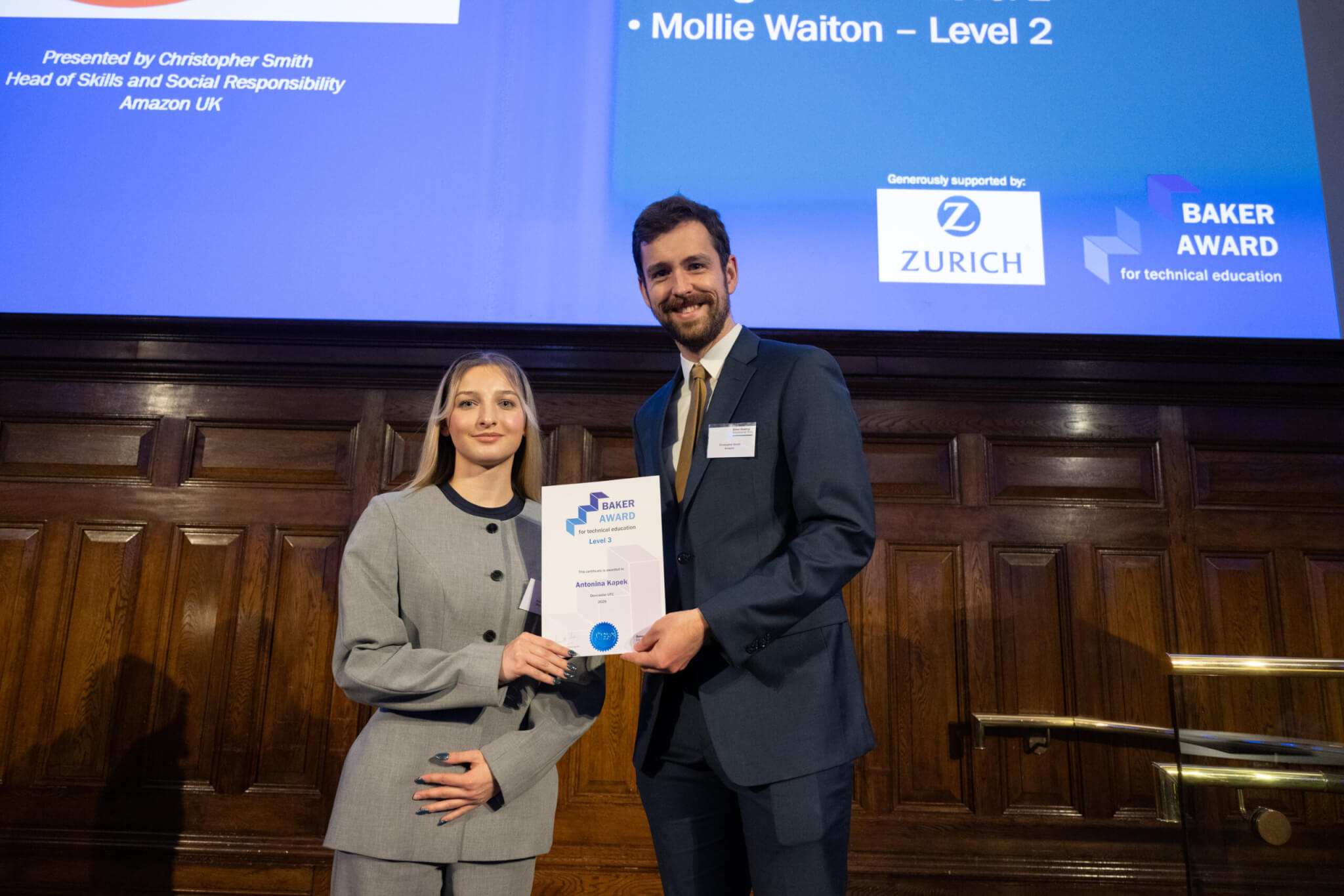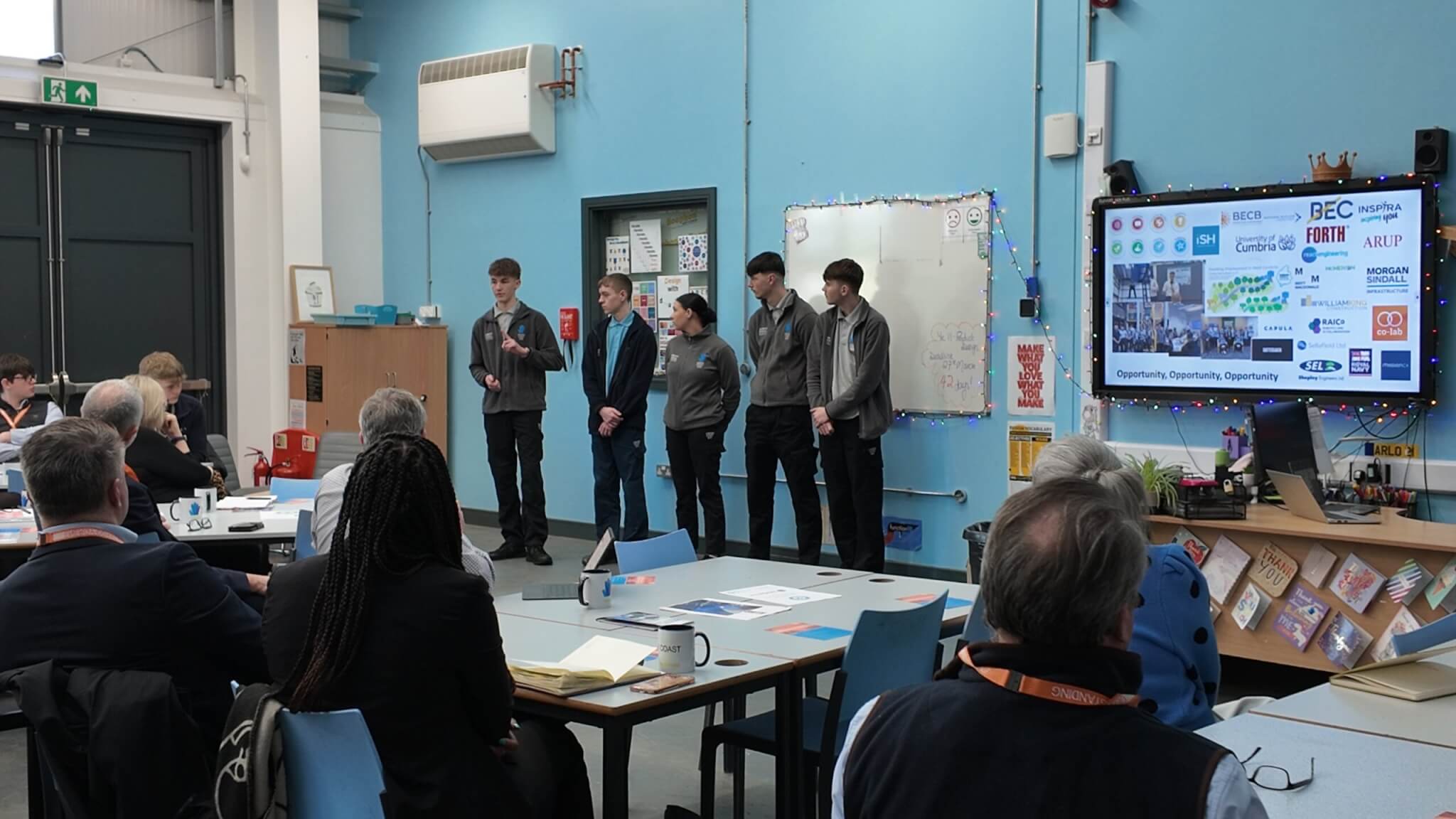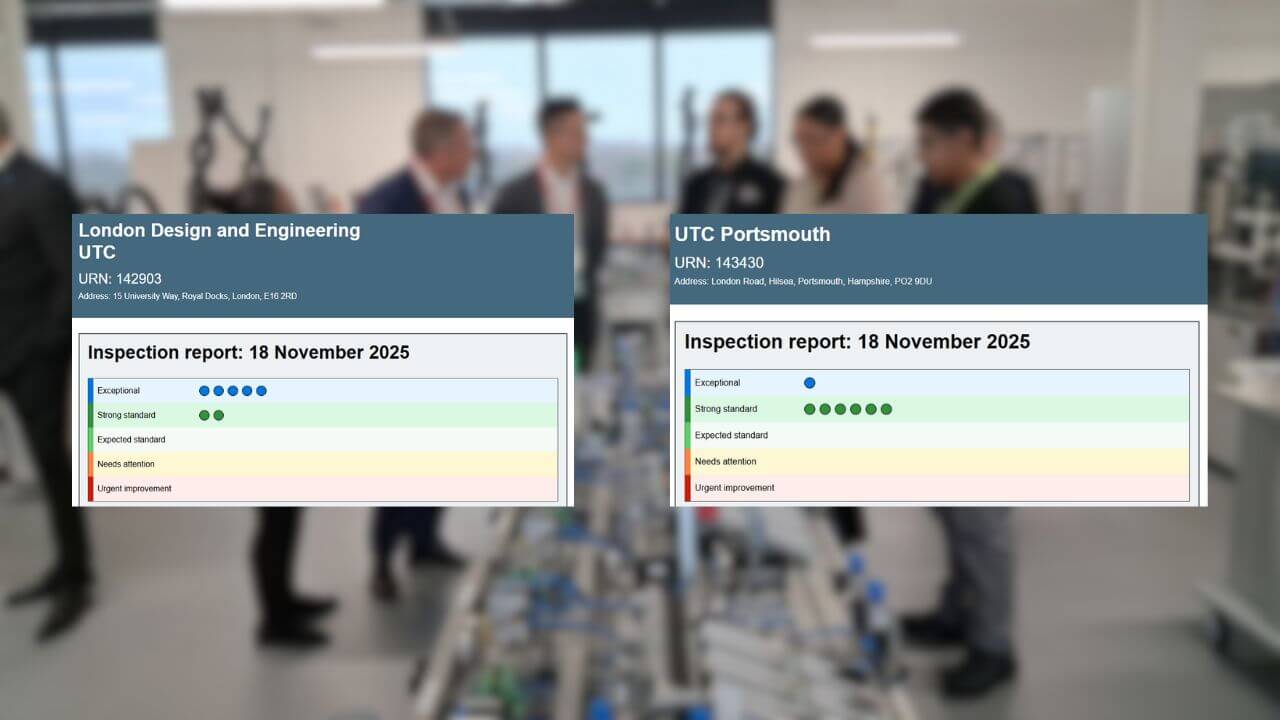The Blueprint spoke with Matt Nimmons, managing director (EMEA) of smart home technology trade body CEDIA, about the organisation’s strong partnerships with Baker Dearing and the UTC programme, as well as its new 100 Techs in 100 Days initiative.
This involves providing 100 applicants with self-paced training in the basics of smart home technology installation, to help them find a career in a sector in need of skilled professionals.
CEDIA has been working with Baker Dearing and UTCs for a “few years now,” Nimmons says, and CEDIA realised “quite quickly” that UTC students were learning skills that were applicable to the smart home space.
“It struck me that the STEM curriculum that UTCs offer equips the students with practical, real world knowledge and there’s a lot of employer engagement, with the UTCs working hand in hand with local companies. That was what attracted me to the Baker Dearing organisation, as the national body for UTCs.”
The UTC curriculum held enormous promise for the smart home sector, which is involved with the automated devices that enhance comfort, security, and efficiency at home. It is a sector that Nimmons says has a “real shortage” of technicians and engineers, but also has a diverse range of other roles; including in computer-aided design, marketing, and project management.
“But the pain points for our industry are really those hands-on practical technicians and engineers that would go into people’s homes and physically install the technology.
“What is interesting to know is that there are career progression opportunities. You can come in as a junior technician, then progress to be a lead technician. You could then become a designer, then a project manager, and there are opportunities to be a business owner in this space – a lot of our members are SMEs – which is quite an exciting prospect for anybody coming into the industry.”
Nimmons describes the interactions with the UTC network as “really, really great,” and singles out UTC Derby Pride Park’s leadership as “really enthusiastic, encouraging, and supportive.”
As well as inviting UTC and Baker Dearing staff to the smart home trade show in Barcelona, CEDIA has created a number of demonstrator packs so UTC students can learn about designing systems for video doorbells, speakers and so on.
“We look forward to strengthening relationships with UTCs over the coming years,” Nimmons says, including through the 100 Techs in 100 Days initiative, which has been launched by CEDIA’s new charitable foundation.
Nimmons explained: “Students, veterans, individuals from outside the industry can apply to be part of this programme, and if they’re successful, they will have access to 20 hours of self-paced learning, worth £500, on our learning management platform, CEDIA Online Learning.
“This will cover a number of foundational skills that would set them up to perform basic infrastructure, wiring, and teach them the tools and safety practises they need to know. It would equip them with foundational knowledge that would be appealing to a potential employer.”
CEDIA would then help the applicants find local employers who are looking for new talent.
Nimmons believes the scheme appeals to students in sixth form who are looking at their options after leaving the UTC.
Smart home technology has enormous potential to grow, after consumer research carried out by CEDIA last year found that 79 per cent of respondents would consider including smart home technology in their new property. Nimmons also points to the applications for older people who want to stay in their properties for longer.
The scheme is open to applications until 20th August. More information is available here.
UTCs interested in discussing working with CEDIA should contact Ayeesha Bhamji via abhamji@bakerdearing.org




